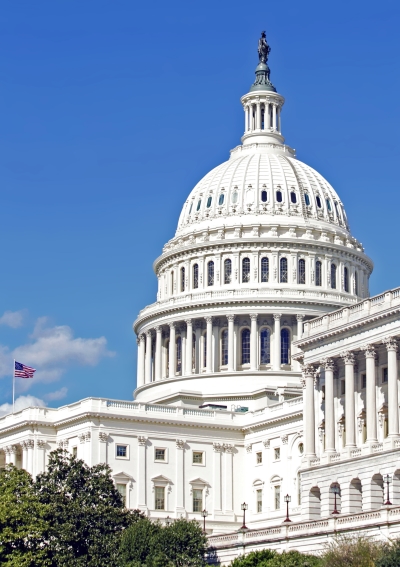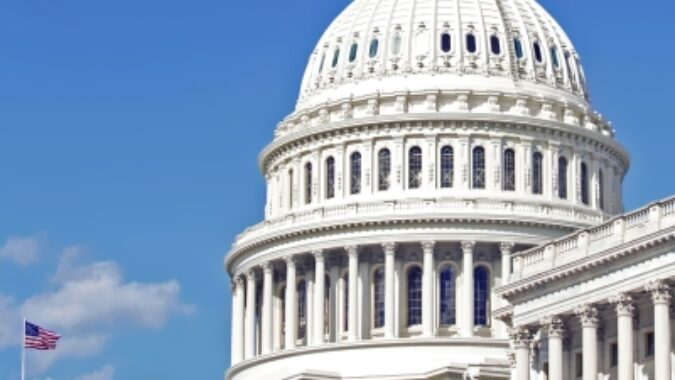 Congress has passed a $900 billion COVID-relief bill, which includes more than $300 billion in assistance for small businesses, but President Donald Trump is now signaling he may not sign the legislation.
Congress has passed a $900 billion COVID-relief bill, which includes more than $300 billion in assistance for small businesses, but President Donald Trump is now signaling he may not sign the legislation.
The relief package was attached to a $1.4 trillion spending bill to fund the federal government through the end of the fiscal year on Sept. 30, 2021.
The legislation now on the president’s desk includes $166 billion to provide $600 stimulus checks to individuals earning up to $75,000 and $1,200 to couples earning up to $150,000 a year. There would also be an additional $600 benefit for dependent children under 17.
Administration officials had originally said the president would sign the measure, with Treasury Secretary Steven Mnuchin saying the deposits would hit Americans’ bank accounts next week. But Wednesday night the president said he was displeased with the bill and wanted the stimulus checks increased to $2,000.
The bill, which Congress had passed with overwhelming bipartisan support, also provides $120 billion in unemployment assistance. This includes a $300 weekly boost in federal benefits, an 11-week extension of benefits for self-employed and independent contractors, and an extra $100 weekly benefit to those who earned over $5,000 in self-employed income last year.
The legislation does not include direct aid to state and local governments. Nor does it include provisions to protect business from COVID-19 related lawsuits if they have been following federal health and safety guidelines.
The $325 billion in the bill to help small business recover from the pandemic includes $284 billion for a second round of the Paycheck Protection Program.
There would also be several changes to the program, including allowing forgivable loans to the hardest-hit small businesses and nonprofits that have 300 or fewer employees and can document a 25% loss in gross receipts in any quarter of 2020 compared to 2019. Other program changes would:
- Allow businesses with PPP loans to take the Employee Retention Tax Credit (ERTC)
- Expand qualifying expenses to include property damage, supplier costs, worker protection expenditures.
- Allow businesses to deduct expenses paid with forgiven PPP loans
Other highlights of the overall package include:
- $20 billion for the Economic Injury Disaster Loan (EIDL) Advance grants for businesses in low-income communities
- $15 billion for SBA grants to live venues, independent movie theaters, and museums
- $43.5 billion in SBA debt relief payments
- An extension of the Employee Retention Tax Credit until July 1, 2021
- An increase in the maximum refundable payroll tax credit to $14,000 because the calculation changes to 70% of wages paid up to $10,000
- Extending employer-side Social Security payroll tax credits through March 2021
- Increasing the deduction for business meals to 100% for 2021 and 2022
- Extending the repayment deadline for employees who opted into the payroll tax deferral from April 2021 to Dec. 31, 2021
- $45 billion in transportation aid, including $15 billion for airlines, $14 billion for mass transit, $10 billion for highways, $2 billion for airports and $1 billion for Amtrak
- $69 billion for vaccine purchases, distribution, testing and mitigation programs
- $82 billion for schools
- $10 billion for child care
- $7 billion to increase broadband access for students, families and the unemployed
- Extending the above-the-line charitable contribution through 2021 ($600 for joint filers and $300 for others)

